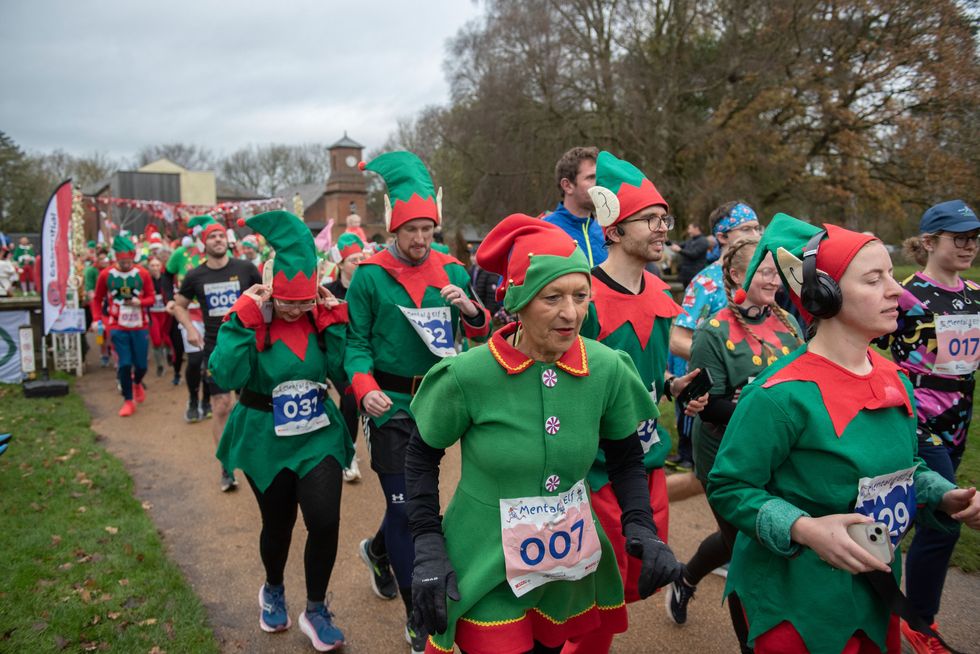By Stuart Arnold, Local Democrcy Reporter
A convenience store has been stripped of its licence after alcohol was sold outside of its permitted hours to a man who shortly afterwards collapsed in the street and died.
Shopkeeper Shaun Shafiq, of the Premier Mini Market, in Oxbridge Lane, Stockton, said he had made an “innocent mistake” in selling vodka to the man at 6.06am and pleaded with councillors to be let off with a warning.
But the breach on February 17 this year, which prompted a review by Stockton Council on safety grounds, backed by Cleveland Police and public health officials, was deemed to be so serious that a three-member panel decided to revoke the store’s licence.
Mr Shafiq, who was joined by his father and owner of the business Kayser Shafiq at a review hearing, had been the licence holder and designated premises supervisor since 2006 with a report noting how there had been no previous licensing complaints.
He denied the breach when interviewed under caution, also insisting it was in fact a vape he had sold, this despite showing a police officer a print out of a receipt showing the sale of the bottle of Glen’s Vodka and the time, which occurred almost two hours before the permitted time of 8am on weekdays.
Mr Shafiq and his father, a former sub-postmaster, told the Local Democracy Reporting Service that they were “shocked” by the outcome with the latter confirming they had already taken alcohol off sale at the store.
Mr Shafiq snr said the council had been “heavy-handed”, while his son said the process left him feeling suicidal.
Earlier, Leanne Maloney-Kelly, a licensing team leader with the council, stated how Mr Shafiq displayed “no concern or remorse” and had shown “total disregard” for the investigation that took place, asking how he could increase the premises’ alcohol supply hours.
She also said: “I believe Mr Shafiq was aware that the male was an alcoholic and he confirmed this during the interview.”
She said Mr Shafiq, who was viewed as being solely responsible for the management of the store, had obstructed licensing officers during the investigation and insulted them.
Councillor Eileen Johnson, who chairs the licensing committee, asked Mr Shafiq: “If you knew he was an alcoholic, why on earth did you sell him alcohol?”
Mr Shafiq replied that the man, who was in his 40s and lived locally, and was found with the vodka in his pocket, did not look drunk, merely tired, and “100%” he would not knowingly sell to an alcoholic.
Body worn video, which captured PC Ricky Parkinson in discussion with Mr Shafiq shortly after the discovery of the man’s body, was provided as evidence to the licensing panel.
In it Mr Shafiq said the deceased was a regular customer and a “nice guy”, and after being told of his death, which was confirmed by paramedics who attended the scene, said it was “sad”.
It showed the officer looking at CCTV provided by the shopkeeper of the man’s visit to the store with the officer commenting that he was “stumbling all over”.
Mr Shafiq was heard to say that the customer, whose home was found later by police to be full of empty bottles of vodka, was a “bit wobbly”, but denied he was intoxicated.
Sergeant Glyn Bavin, of Cleveland Police, said: “It is clear that Mr Shafiq does not think he has done anything wrong, which indicates that he is not familiar with the licensable hours, as he should be, or is flagrantly disregarding the terms of his licence.”
Sgt Bavin added: “Every licence should be adhered to as infringements can often lead to catastrophic results.”
Mr Shafiq said he was “not a morning person” and usually came on shift in the afternoon, but was covering for his father who was on holiday.
He described suffering from severe migraines and on the day of the incident woke up early and decided to open the shop up earlier than the normal 7am.
While he knew the permitted licensing times, he was “shattered” and thought it was past 8am, having lost track of the time.
Mr Shafiq, who said he would usually advise customers they could not buy alcohol before 8am or 10am on Sundays, said: “It was a one-off isolated incident, please consider it as a warning for me.
“I assure you this will never happen again – I shall and I will be a responsible licence holder at my premises.”
Meanwhile, Mr Shafiq snr read a lengthy statement in support of his son with both men being reprimanded by Cllr Johnson during emotional outbursts and criticism of council officers, as she attempted to keep the hearing in check.
He said Shaun Shafiq was a law-abiding shopkeeper who faced a “nightmare situation”.
Mr Shafiq snr said the store regularly dealt with incidents of abuse and violence with staff being hard workingto serve the local community.
He said while the deceased was known to shop workers, they were not criminals nor responsible for the man’s death.
Mandy McKinnon, a public health early interventions manager, said the local authority reviewed all drug and alcohol-related sudden deaths in order to learn any lessons from them.
She said: “It is due to this unfortunate death that we became aware of this [alcohol] sale, but the two events are quite separate.”
A public health submission had highlighted the ward in which the mini market is situated as being the worst in the borough for hospital stays for alcohol-related harm and crime under the influence of alcohol.
Revealing the committee’s determination, Cllr Johnson said: “Throughout this hearing you [Mr Shafiq] have not appreciated your wrong doing.
“The committee also noted your obstructive and aggressive attitude towards licensing officers today which demonstrates your unwillingness to cooperate with them and this has deterred the committee from reaching any alternative conclusion than the revocation of your licence.”
Cllr Johnson said the decision to revoke the licence could be appealed to magistrates within 21 days.
(Local Democracy Reporting Service)

















 A woman browses some of the Christmas gift ideas in a store on December 13, 2024 in London, England. Photo by Leon Neal/Getty Images
A woman browses some of the Christmas gift ideas in a store on December 13, 2024 in London, England. Photo by Leon Neal/Getty Images




